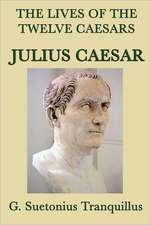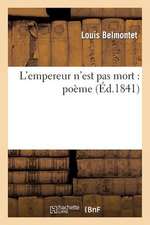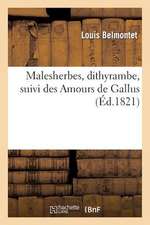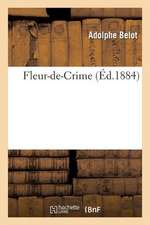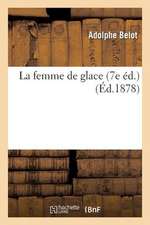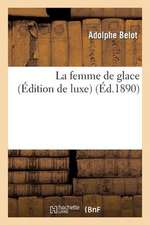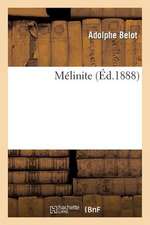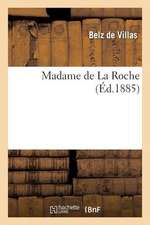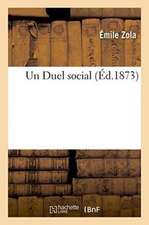Germinal
Autor Emile Zolaen Limba Engleză Paperback – 31 dec 2006
| Toate formatele și edițiile | Preț | Express |
|---|---|---|
| Paperback (8) | 82.53 lei 3-5 săpt. | |
| Hackett Publishing Company – 14 sep 2011 | 82.53 lei 3-5 săpt. | |
| CreateSpace Independent Publishing Platform – | 153.57 lei 3-5 săpt. | |
| Alpha Editions – 29 oct 2020 | 202.52 lei 3-5 săpt. | |
| SMK Books – 15 iun 2009 | 101.20 lei 6-8 săpt. | |
| Digireads.com – 25 sep 2018 | 116.16 lei 6-8 săpt. | |
| Echo Library – 25 mar 2018 | 167.00 lei 39-44 zile | |
| Pomona Press – 31 dec 2006 | 181.48 lei 6-8 săpt. | |
| Kessinger Publishing – 21 noi 2009 | 242.90 lei 39-44 zile | |
| Hardback (4) | 234.30 lei 6-8 săpt. | |
| Hackett Publishing Company – 15 sep 2011 | 245.27 lei 3-5 săpt. | |
| Alpha Editions – 29 oct 2020 | 269.92 lei 3-5 săpt. | |
| SMK Books – 2 apr 2018 | 234.30 lei 6-8 săpt. | |
| Pomona Press – 3 noi 2008 | 346.73 lei 6-8 săpt. |
Preț: 181.48 lei
Nou
Puncte Express: 272
Preț estimativ în valută:
34.73€ • 37.13$ • 28.95£
34.73€ • 37.13$ • 28.95£
Carte tipărită la comandă
Livrare economică 17 aprilie-01 mai
Preluare comenzi: 021 569.72.76
Specificații
ISBN-13: 9781406790184
ISBN-10: 1406790184
Pagini: 412
Dimensiuni: 140 x 216 x 23 mm
Greutate: 0.52 kg
Editura: Pomona Press
Locul publicării:United Kingdom
ISBN-10: 1406790184
Pagini: 412
Dimensiuni: 140 x 216 x 23 mm
Greutate: 0.52 kg
Editura: Pomona Press
Locul publicării:United Kingdom
Notă biografică
Émile Édouard Charles Antoine Zola (1840 - 1902) was a French novelist, playwright, journalist, the best-known practitioner of the literary school of naturalism and an important contributor to the development of theatrical naturalism. He was a major figure in the political liberalization of France and in the exoneration of the falsely accused and convicted army officer Alfred Dreyfus, which is encapsulated in the renowned newspaper headline J'accuse. Zola was nominated for the first and second Nobel Prize in Literature in 1901 and 1902.
Recenzii
Coal mines have become rare, but the miners of Germinal are immortal. This new edition of the novel, with a translation by Raymond MacKenzie, is an exquisite tribute to their work, their misery and their eventual revolt. In his introduction, David Baguley--one of the most respected authorities on the work of Zola--brilliantly illuminates the genetic, historical and aesthetic aspects of the novel. His lucid, sensitive and critical gaze highlights the real secrets of the work: its underlying anthropological and social investigation, the dark power of the tragic imagination and the brightness of symbolic and mythic intuitions. --Henri Mitterand, Professor Emeritus, Columbia University
Raymond MacKenzie's elegant new translation of Emile Zola's Germinal captures the diction of the novel's colorful characters and the restrained voice of a naturalist narrator. David Baguley's introduction analyzes Zola's personal background, his literary and scientific influences, and the historical circumstances of French workers in the 1860s as well as a spectrum of political acts and deeds in the 1880s when the novel was written. These features plus Zola's notes on the town of Anzin that he studied prior to writing the novel, make this the edition of choice for course adoptions in history and literature. --Stephen Kern, Humanities Distinguished Professor, Department of History, Ohio State University
Raymond MacKenzie's elegant new translation of Emile Zola's Germinal captures the diction of the novel's colorful characters and the restrained voice of a naturalist narrator. David Baguley's introduction analyzes Zola's personal background, his literary and scientific influences, and the historical circumstances of French workers in the 1860s as well as a spectrum of political acts and deeds in the 1880s when the novel was written. These features plus Zola's notes on the town of Anzin that he studied prior to writing the novel, make this the edition of choice for course adoptions in history and literature. --Stephen Kern, Humanities Distinguished Professor, Department of History, Ohio State University







